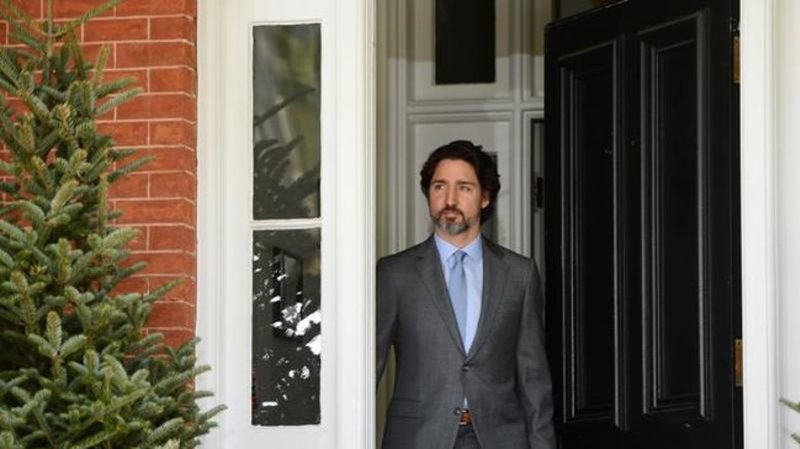
Boosting COVID-19 testing and signs in the sewage; In The News for May 22
In The News is a roundup of stories from The Canadian Press designed to kickstart your day. Here is what’s on the radar of our editors for the morning of May 22 …
—
COVID-19 in Canada …
OTTAWA — Prime Minister Justin Trudeau will be under pressure today to detail how the federal government will help provinces massively scale up testing for COVID-19 as the country slowly begins to come back to life.
